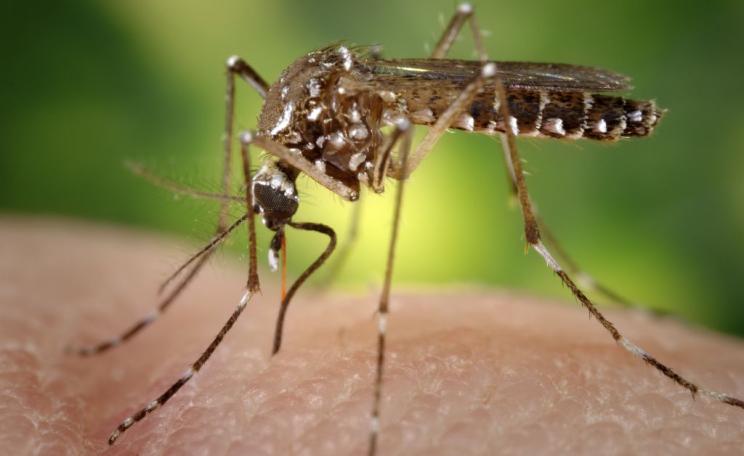We must protect and improve the environment for all of us to thrive, knowing as we know, it’s so fundamental to our health and prosperity.
Rishi Sunak's Conservative government is “largely off track” on its environmental targets while many policies have been announced but not implemented, the Office for Environmental Protection (OEP) has said.
Progress on around half the UK Government’s goals – such as ensuring there is enough clean air and water, minimising waste and adapting to climate change – is either static or moving in the wrong direction, the watchdog said in its second annual report.
The government said it wants to leave the environment in a better state for the next generation and it set up the OEP after the UK left the European Union as a body to oversee its progress.
Monitored
Glenys Stacey, the OEP chair, said that overall, improvement efforts have had mixed results but that “deeply concerning adverse environmental trends continue”.
Non-native invasive species, such as the grey squirrel or rhododendron, are growing in number and having an increasingly damaging effect on local wildlife.
Water pollution incidents are not decreasing, although leakages from pipes are, while the amount of waste, including hazardous, is increasing.
The government is also “behind the curve” on managing exposure to chemicals and pesticides, the OEP said.
Around half the 51 trends monitored by the watchdog are not improving and of the 10 goals in the Government’s Environmental Improvement Plan, seven are largely off track, two are partially on track and one was not assessed.
Thriving
The OEP said it is concerned about a lack of monitoring in the marine environment and for soils which has made tracking progress in these areas difficult.
Glenys said: “Changing the trajectory requires determination and detailed planning, clarity and transparency, constant evaluation and a willingness to take some difficult decisions when it’s necessary.
“It means doing enough, quickly enough, to get on track and keep on track. And in reality it’s not a matter of choice.
“We must protect and improve the environment for all of us to thrive, knowing as we know, it’s so fundamental to our health and prosperity.”
The OEP stressed that the government’s “apex goal” of thriving plants and wildlife is still achievable if it speeds up and scales up its efforts.
Ambitions
It described nature-friendly farming as not only low-hanging fruit but the “juiciest one” where the right tools and policies exist with an “enormous evidence base” of what can work.
Professor Robbie McDonald, the OEP’s chief scientist, said: “It’s about effective implementation of that now and making sure that farmers and landowners are fully on board.”
UK nature has been in a state of steady decline over decades because of industrialisation, chemical use in agriculture, habitat destruction, pollution and persecution.
The Government has pledged to reverse this decline in its 25-year Environment Plan, while Labour accused the Conservatives of letting flooding, water pollution and the state of national parks worsen during their time in power.
Pace
Environmental group the Wildlife and Countryside Link said the government must scale up its efforts or its ambitions will end up as “daydreams”, suggesting it could provide more ambitious and generous support for nature-friendly farming.
Glenys said: “With the depleted state of our natural environment and the unprecedented pace of climate change, it does seem to many that we’re at a crossroads.
“And it’s not easy for us as a nation to choose the right path, the right trajectory, to travel together and to travel together at the pace now needed, but we just simply must.”
Rebecca Pow, the environment minister, said: “We will carefully review the Office for Environmental Protection’s findings and respond in due course.”
This Author
Danny Halpin is the PA environment correspondent.







